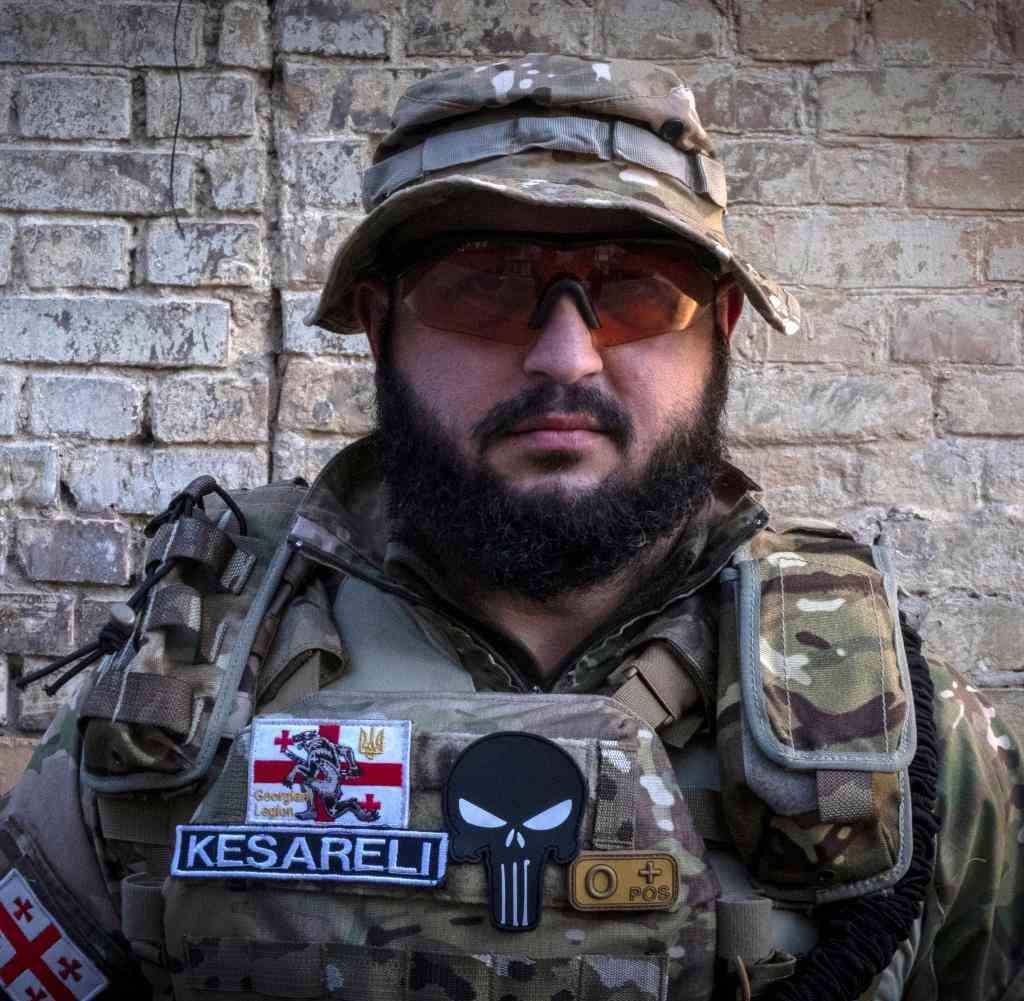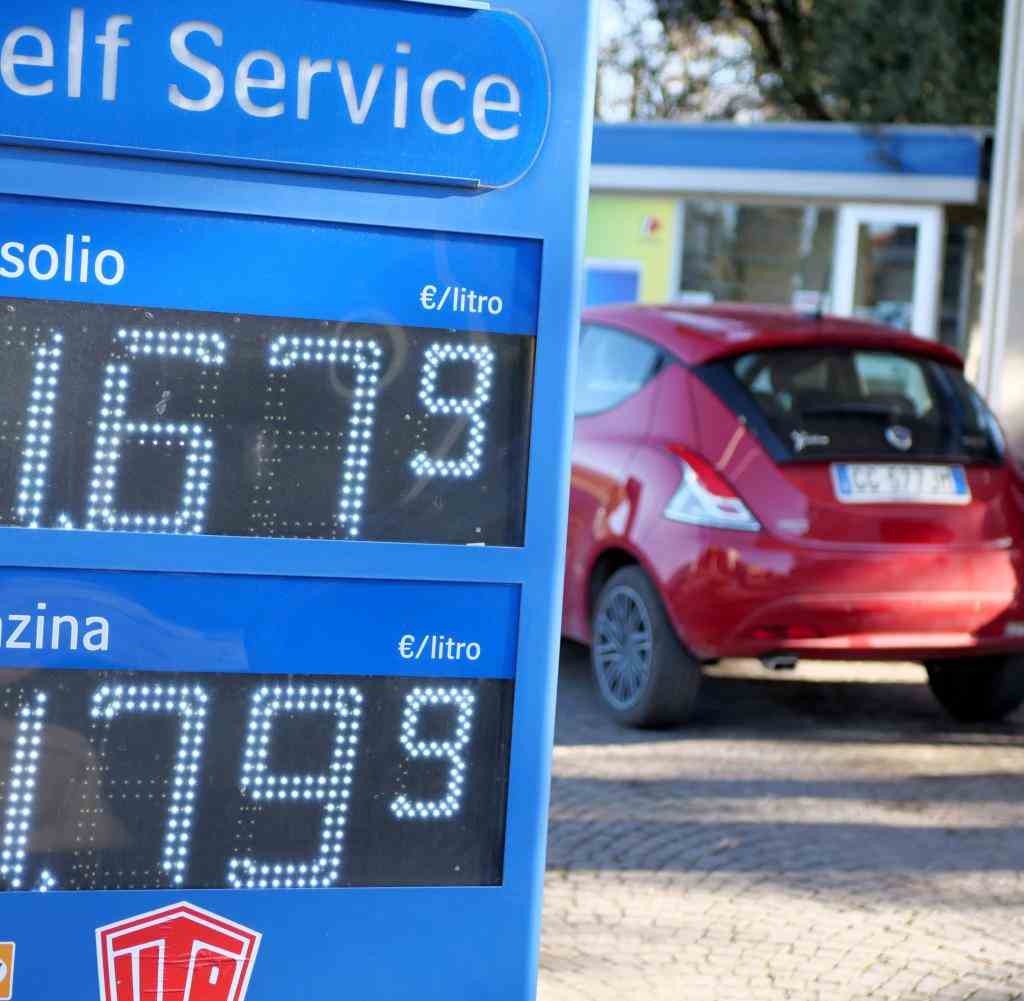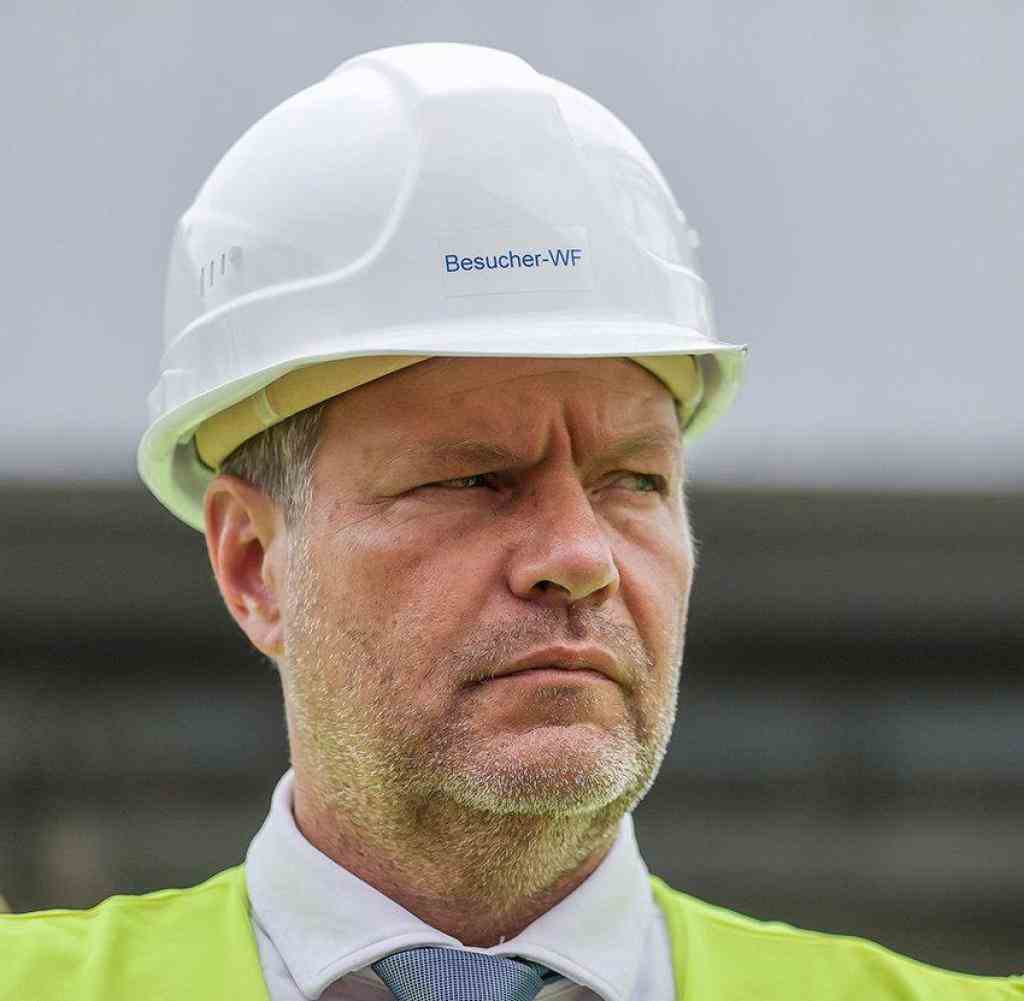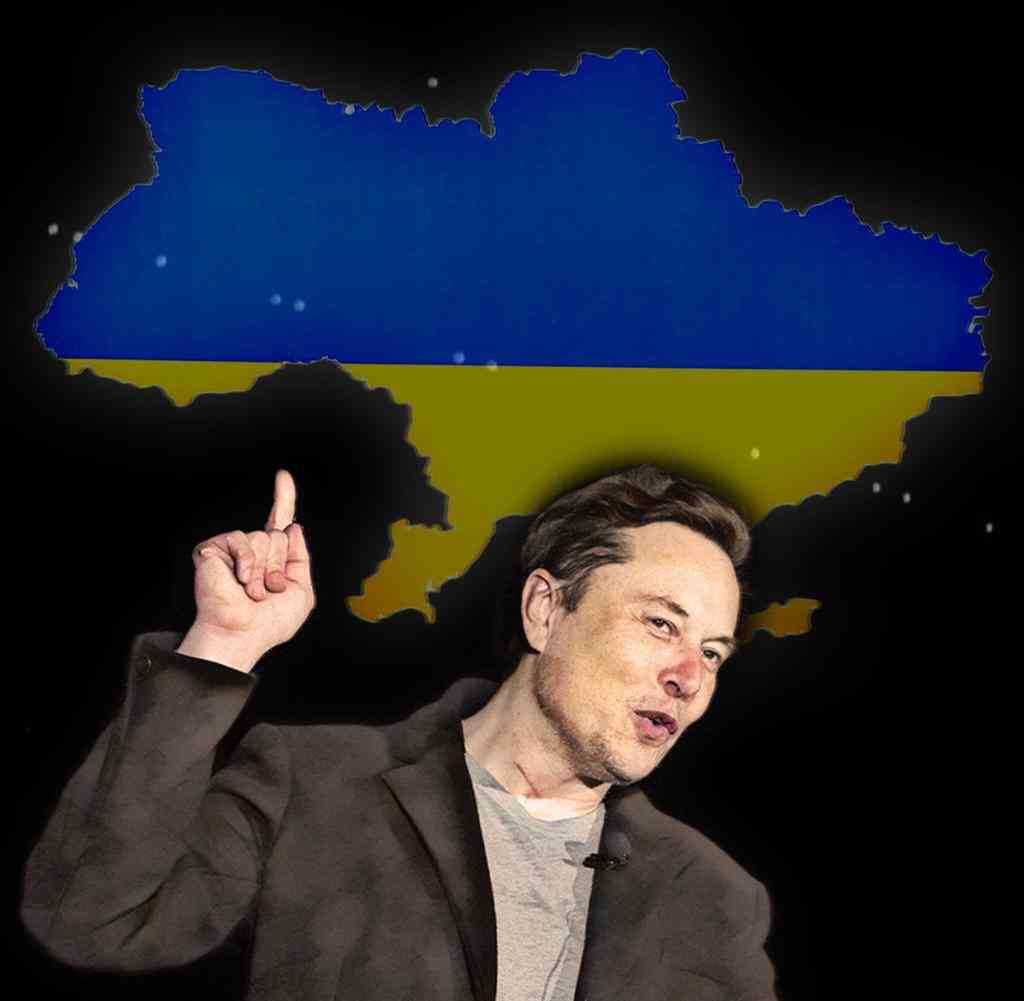Dhe Russian journalist Dmitri Muratov’s Nobel Peace Prize medal fetched $103.5 million (around €98.5 million) at auction, shattering all previous records. Proceeds from Monday night’s New York auction (local time) will benefit Ukrainian children displaced by Russia’s war of aggression. Muratow had already announced that he would also donate his Nobel Prize money, equivalent to more than 470,000 euros, to a good cause.
Never before has a Nobel Prize medal been auctioned for such a high sum. The record was previously held by molecular biologist James Watson, who was honored in 1962 for his role in discovering the structure of DNA: his medal went under the hammer in 2014 for $4.76 million. Three years later, the family of physicist and molecular biologist Francis Crick, who was honored with Watson, received $2.27 million for the sale of Crick’s medal.
Muratov received the Nobel Peace Prize in October 2021 in recognition of his commitment to protecting freedom of expression. He is a co-founder of the independent Russian newspaper Novaya Gazeta. The newspaper was shut down in March because the Russian government once again severely restricted the work of critical journalists following its invasion of Ukraine.
Dmitry Muratov is pleased with the success of the auction in New York
Source: AFP/Michael M. Santiago
Muratov told the AP news agency in an interview that he was particularly concerned about children who had become orphans because of the war. “We want to give them their future back.”
Muratov has strongly criticized Russia’s 2014 annexation of Crimea and the current Russian war in Ukraine. The auction should serve as an inspiration “so that people will auction off their valuable possessions to help Ukrainians,” Muratov said in a video published by the responsible auction house Heritage Auctions.
From Monday afternoon (local time), bids for the medal could be submitted in real time. It has been possible to submit bids on the Internet since June 1st. The Nobel Peace Prize medal consists of 175 grams of gold. If these were melted down, they would be worth around $10,000. The UN children’s charity Unicef is to receive the record proceeds from the sale of the medal.
All developments in the live ticker:
6:56 a.m. – Peskow: “Will never trust the West again”
Four months after the attack on Ukraine, Russia has described relations with the West as long-term damaged. “Yes, it will be a long crisis,” said Kremlin spokesman Dmitry Peskov in a broadcast on Tuesday night Interview by the US TV station MSNBC. “We will never trust the West again.” Since the beginning of its war against Ukraine, Russia has repeatedly raised accusations against Western states – for example because of military support for the country under attack.
5:02 am – US citizens fallen in Ukraine
A US citizen has died in Ukraine, according to the US State Department. The 52-year-old from New York was killed in fighting on May 15, according to an obituary published in The Recorder newspaper earlier this month. A State Department spokesman confirmed the death and said US citizens should not travel to Ukraine because of the war. Volunteers from the US and other countries have volunteered to fight alongside Ukraine since the beginning of the Russian invasion.
4:07 am – Tafel criticize insufficient aid for Ukraine refugees
The Tafel in Germany accuse the authorities of sometimes giving too little direct support to Ukrainian war refugees. “It is unacceptable that authorities are still referring refugees to the boards in the fourth month of the war instead of being able to help themselves,” said Jochen Brühl, the chairman of the German food bank, the German Press Agency.
Some social welfare offices sent refugees directly to the food banks without prior consultation, said Brühl. Others would help people directly until the social benefits to which they are entitled were paid – for example with money or food vouchers.
The boards themselves could only provide “bridging and supplementary” support. “We help to the best of our ability in crisis situations, but we cannot be the first and only point of contact,” emphasized Brühl. If the authorities refer people directly to the food banks, then the misunderstanding arises that they are responsible for providing people affected by poverty with food. However, panels are a voluntary additional offer, not a state institution.
3:05 a.m. – Experts expect increased CO2 emissions from the use of coal
Experts from the Agora Energiewende think tank expect the increased use of coal-fired power plants to generate electricity, as planned by the federal government, to increase greenhouse gas emissions. “Due to the short-term, increased use of coal to replace gas, emissions will initially increase in this year, but will probably also increase in the coming years,” said Simon Müller, Germany Director of Agora, the “Rheinische Post”.
The Federal Ministry of Economics, headed by Green politician Robert Habeck, is planning to generate more electricity from coal in the short term in order to be able to fill the gas storage tanks more quickly in view of the reduced gas deliveries from Russia. According to Agora director Müller, this measure should be “at best a short-term emergency measure” that must be compensated for, among other things, by “a faster expansion of renewable energies”.
02:04 am – US is negotiating with allies over oil price cap
According to US Treasury Secretary Janet Yellen, the United States is currently negotiating a price cap for oil with friendly countries in order to restrict Russia’s oil export revenues. Washington is in talks with “partners and allies around the world” about how to “further limit Russia’s energy revenues” and “prevent negative impacts on the global economy,” Yellen said on Monday (local time) during a visit to Canada.
Yellen added that these are “price caps” or a “price exemption” that would have several effects: They would “amplify” Western sanctions on Russian energy sources, pushing down the price of Russian oil and thus reducing revenues for the Russian government – while allowing more oil to enter the international market. A price cap would also prevent “side effects on low-income and developing countries” that are currently struggling with high food and energy prices.
Yellen announced the negotiations during a visit to her Canadian counterpart and Deputy Prime Minister Chrystia Freeland. Among other things, the meeting discussed strategies for dealing with the effects of the Ukraine war, high inflation and problems in global supply chains.
02:02 a.m. – Coal power extension: RWE adjusts personnel planning
The energy company RWE wants to delay the early retirement of certain employees for the increased use of coal power planned by the Federal Ministry of Economics. “The foreseeable higher need for personnel will be covered by the fact that employees can only retire later than previously planned via the so-called adjustment allowance,” said an RWE spokeswoman for the “Rheinische Post”. “Furthermore, the need for personnel should be covered by hiring trained people and from the external labor market.” This changed personnel planning in power plants and opencast mines includes several hundred jobs.
12:57 a.m. – Hollywood star Ben Stiller visits Zelenskyy
Hollywood star Ben Stiller paid a solidarity visit to Ukrainian President Volodymyr Zelenskyy in Kyiv. “It’s a great honor for me, you are my hero,” said Stiller Zelenskyj in the Ukrainian capital on Monday. Referring to Zelenskyy’s speeches to audiences in different countries, Stiller told the Ukrainian President that it was “really inspiring” how he mobilized “his country and the whole world”.
The US actor Stiller visited Zelenskyj on the occasion of World Refugee Day. Zelenskyy’s presidential office published pictures of the meeting. Stiller had previously visited the Kiev suburb of Irpin, where fierce fighting was taking place at the beginning of the Russian war of aggression. “I feel that what is happening here is difficult to understand if you were not there,” said the 56-year-old to the President. It’s “something different” to see it in person and talk to people about it.
Zelenskyy thanked Stiller in English for his visit and told him it was “very important” to keep reminding people of what is happening in Ukraine. “It’s not interesting to talk about the war every day,” said Zelenskyy. “But for us it’s very important.” Stiller and Selenskyj also exchanged views on their respective acting careers. Zelenskyy was best known in Ukraine before his election as president in 2019 for his role in the satirical TV series Servant of the People, in which he played a school teacher who unexpectedly becomes president.
12:00 a.m. – German tax revenues are increasing despite the Ukraine war
Federal and state tax revenues increased significantly in May, despite the Russian war against Ukraine. They were ten percent higher than a year earlier and totaled almost 55 billion euros, according to the monthly report published by the Federal Ministry of Finance on Tuesday. In the first five months of the year, tax revenue grew by 15.1 percent to almost 315 billion euros. According to the report, the higher income is due, among other things, to an economic recovery after the corona restrictions were lifted.
“Kick-off Politics” is WELT’s daily news podcast. The most important topic analyzed by WELT editors and the dates of the day. Subscribe to the podcast at Spotify, Apple Podcasts, Amazon Music or directly via RSS feed.





